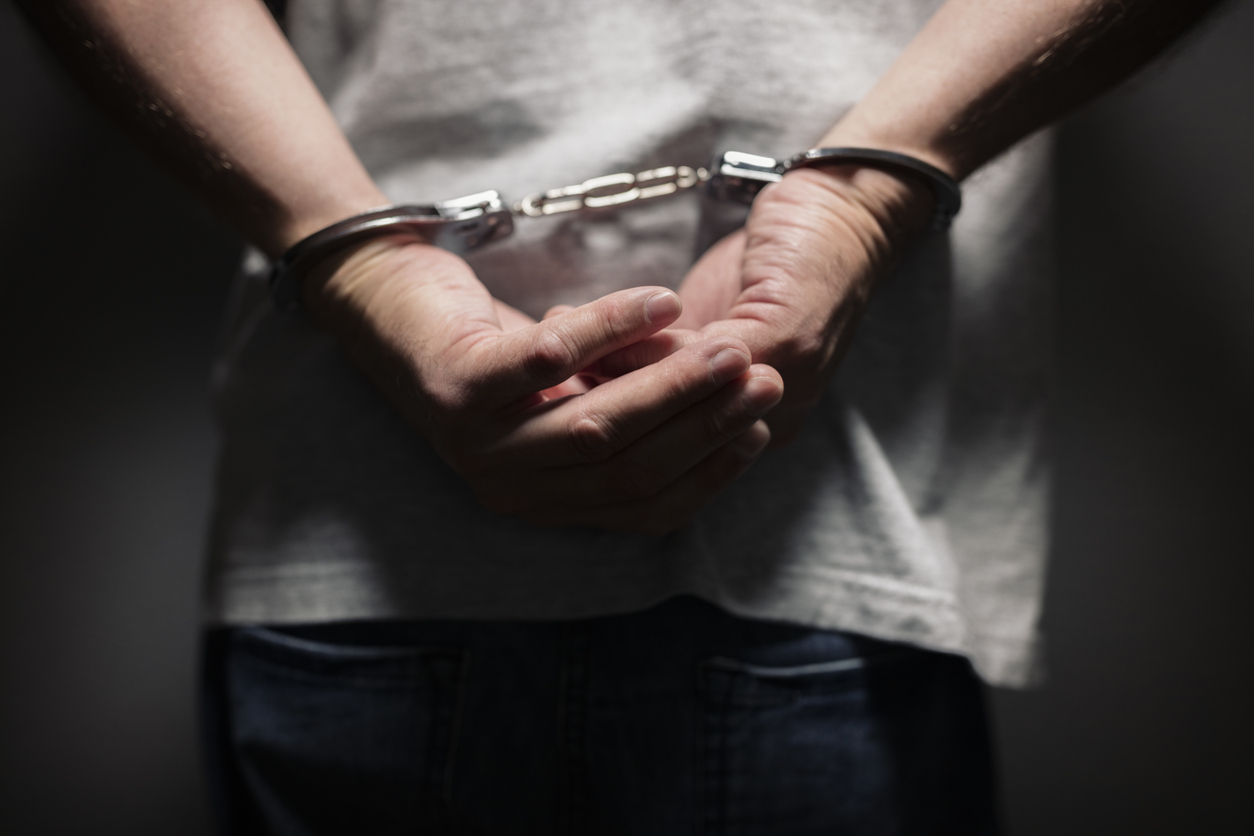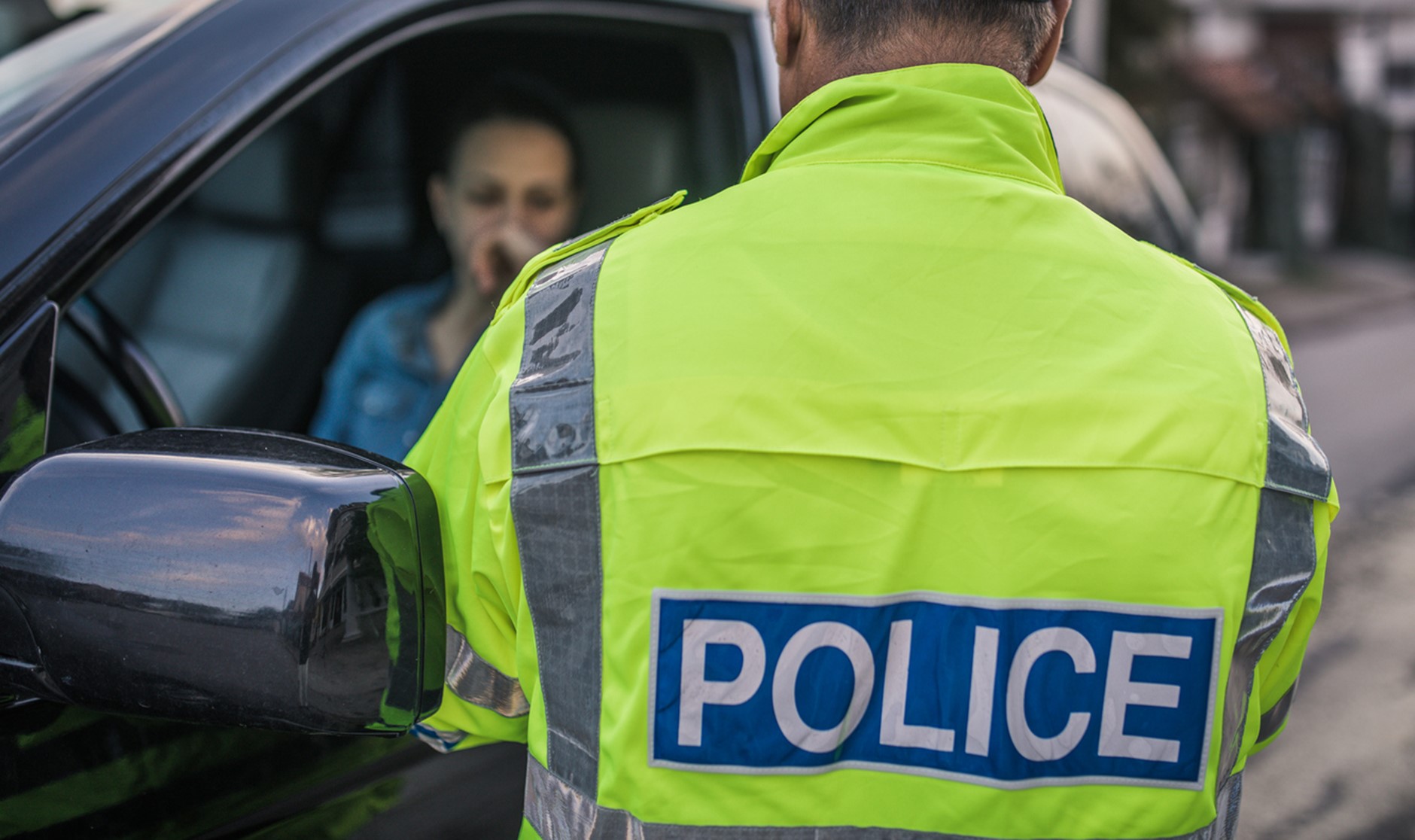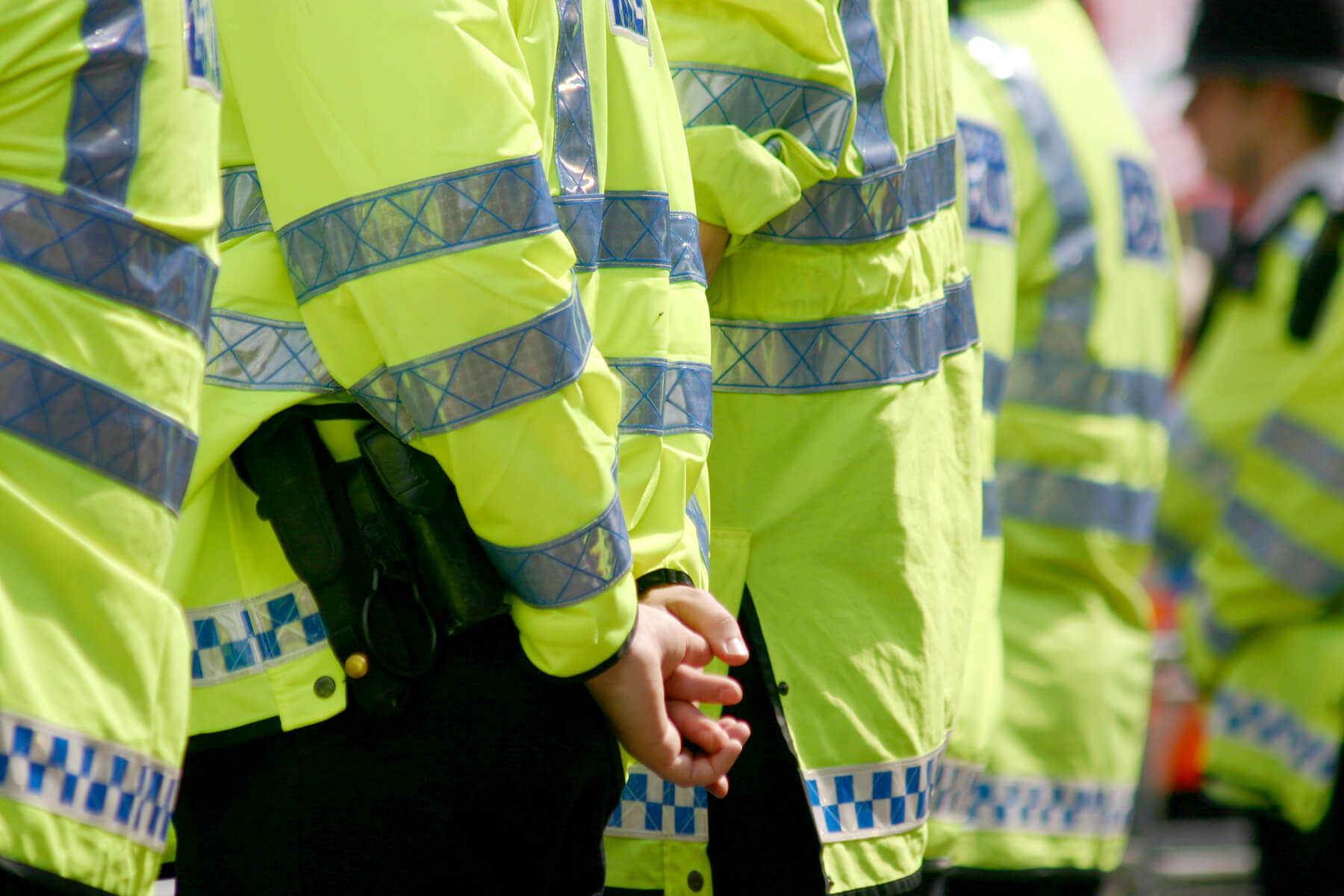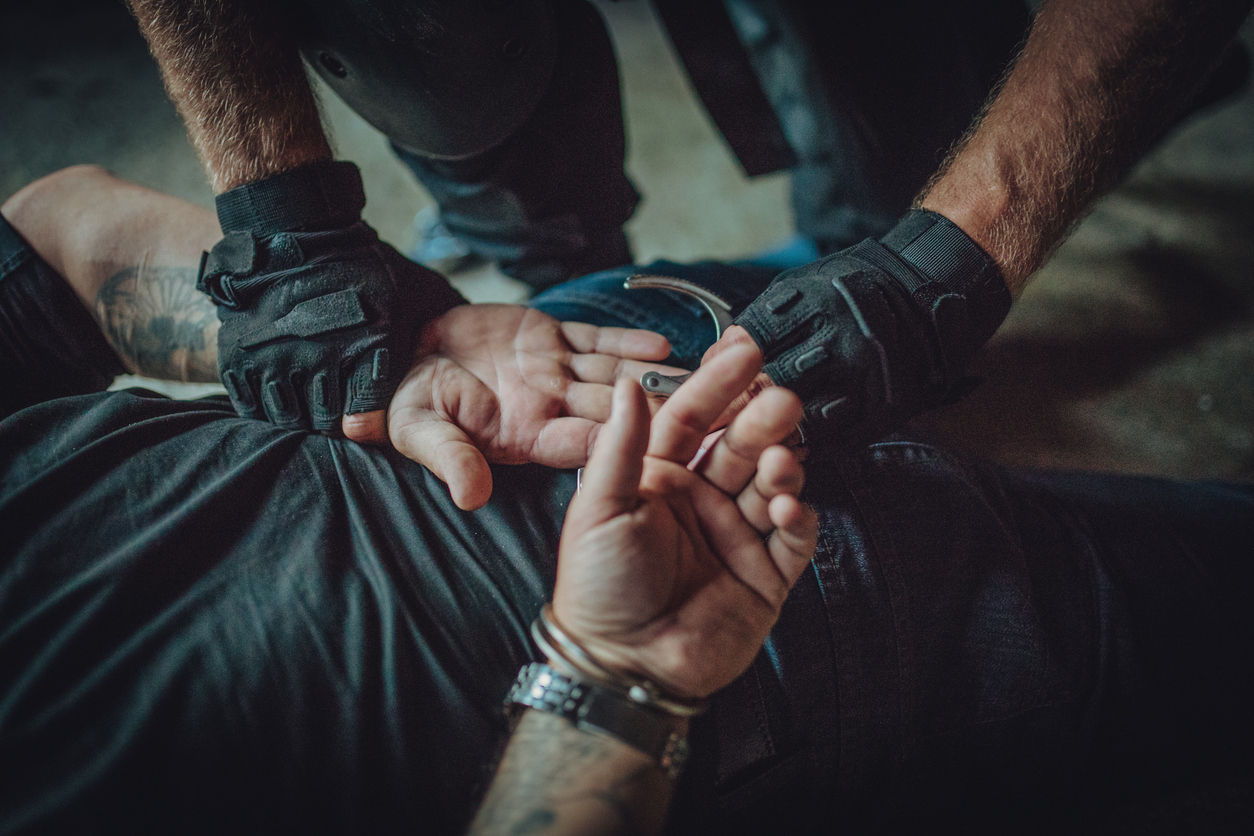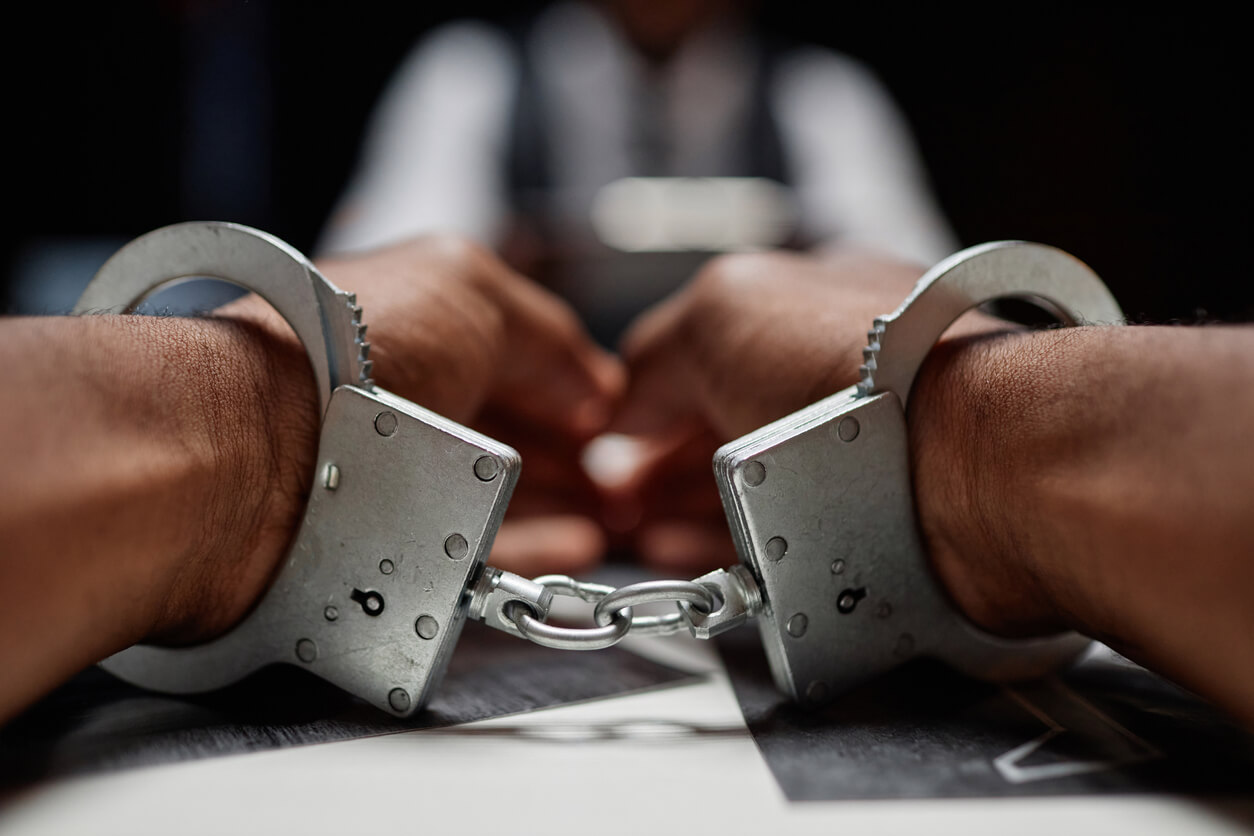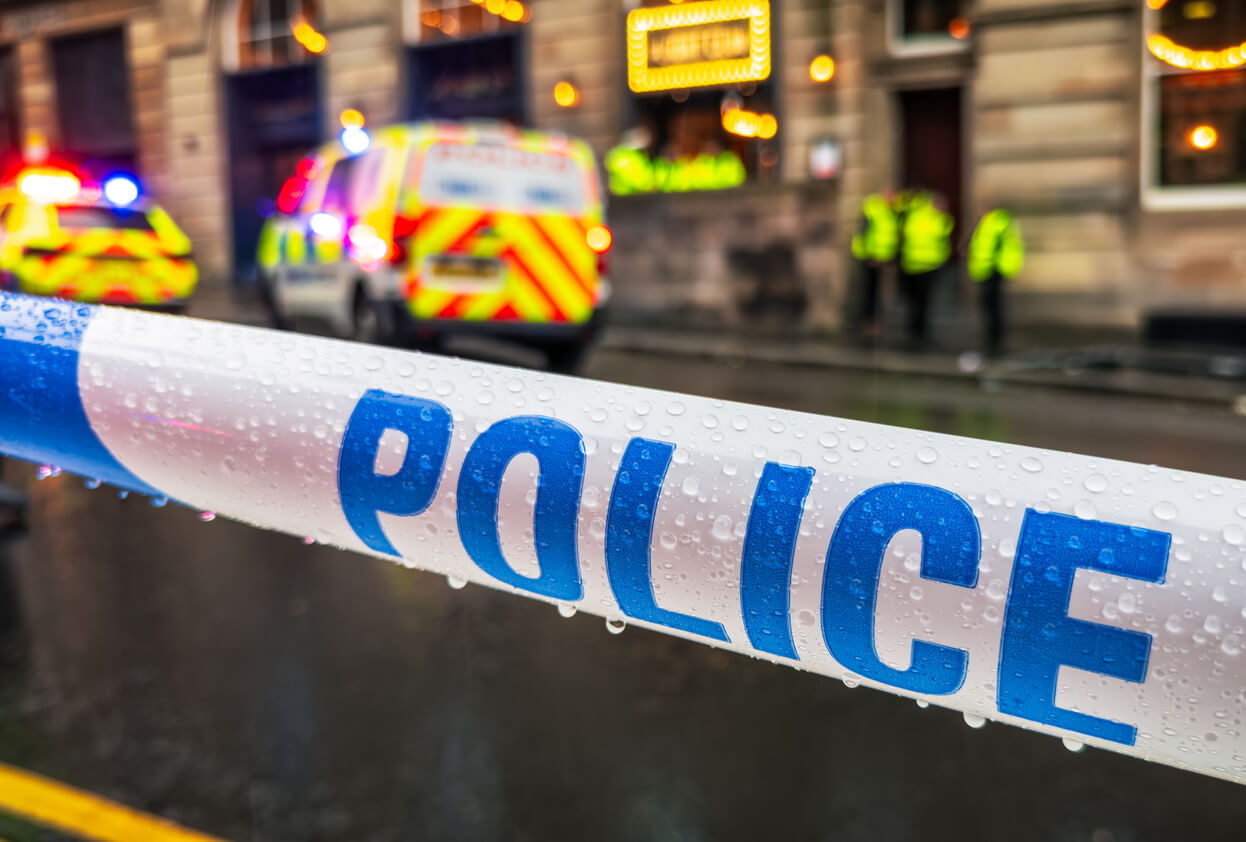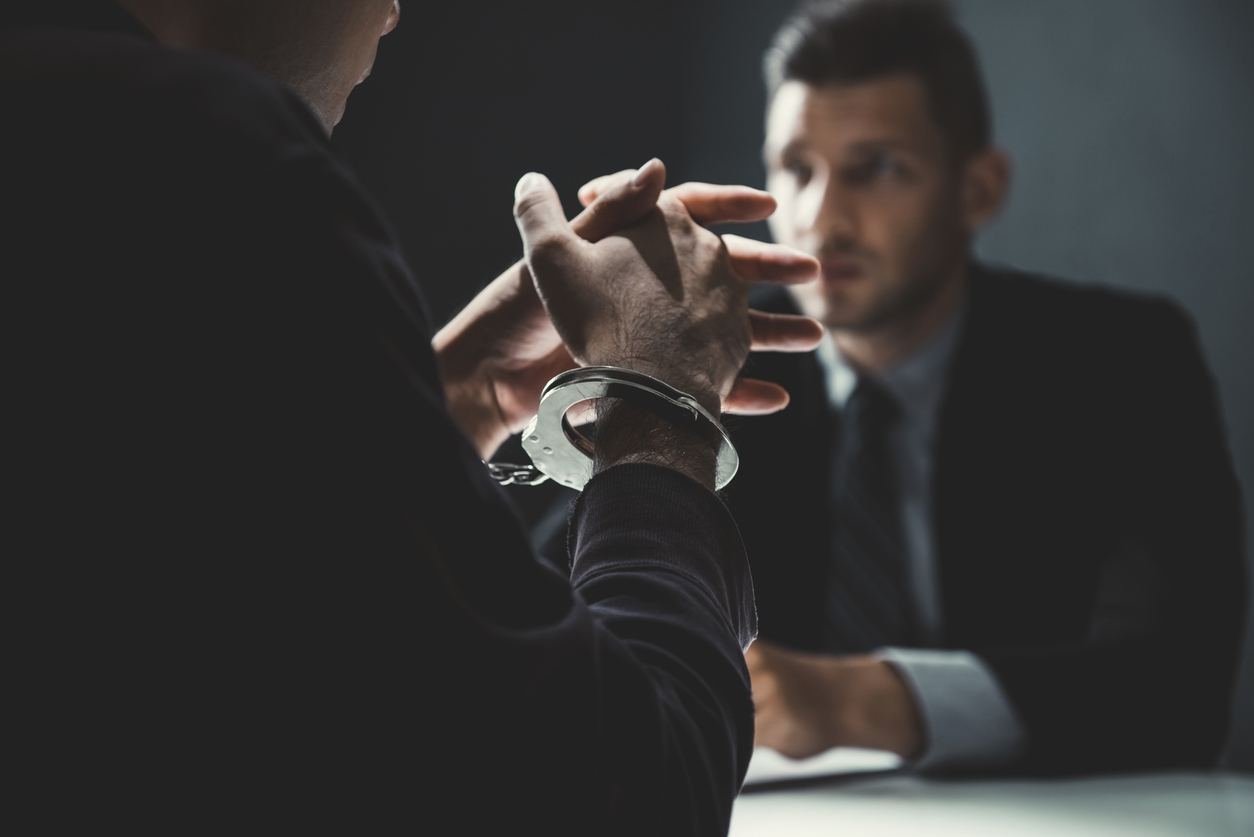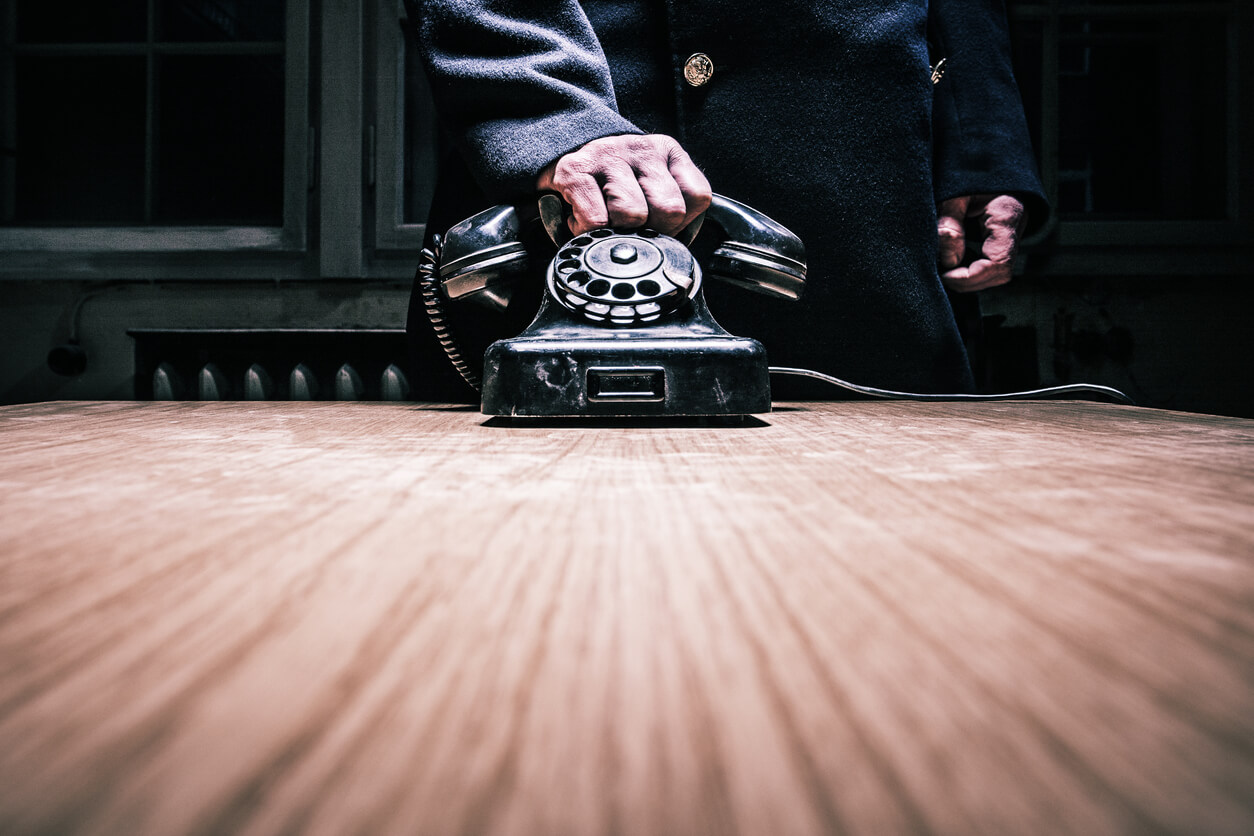How long does a police interview take?
How long does a police interview take?
Being called in for a police interview, whether as a voluntary attendee or under arrest, can be a daunting experience. Many people feel uncertain about what to expect, how long the process will last and what their rights are throughout. One of the most common questions we hear is: “How long does a police interview take?”
The truth is, the length of a police interview varies depending on a number of factors, including the complexity of the case and the procedures the police must follow. By understanding how the process works, you can feel more prepared and ensure your rights are protected.
What is a police interview?
A police interview is a formal procedure in which the police ask you questions about a suspected crime. It is a key stage in many investigations, allowing officers to gather information, clarify details, and decide whether to proceed with charges or take no further action.
There are two main types of police interviews:
- A voluntary police interview – This is where you attend by appointment, often at a police station or agreed location. You are not under arrest and are free to leave at any time, although the interview will still be recorded and conducted formally.
- Interview under arrest – This takes place when you have been arrested and detained in police custody. In this case, your freedom is restricted, and the process is more structured and time-sensitive.
Regardless of the type of police interview you attend, what you say in a police interview may be used as evidence in any future legal proceedings.
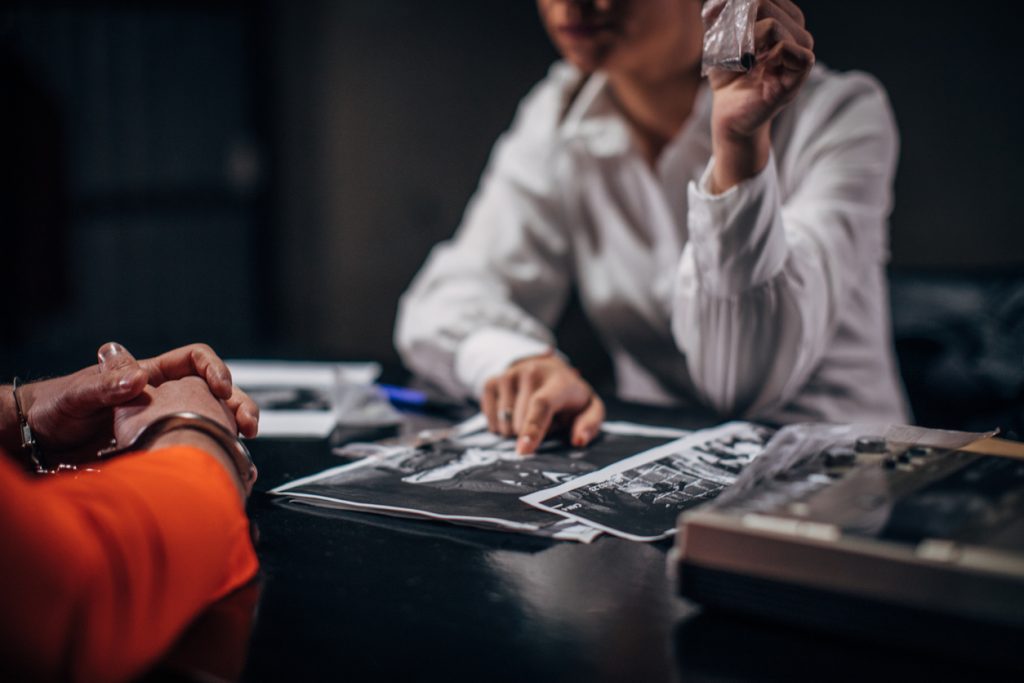
What happens during a police interview?
A typical police interview is conducted in an interview room, usually at a police station, and is audio-recorded (sometimes video-recorded). It must follow strict guidelines set out in the Police and Criminal Evidence Act 1984 (PACE) to ensure fairness and legality.
Before questioning begins, the interviewing officer must:
- Explain why you are being interviewed and the nature of the allegation.
- Read you your legal rights, commonly known as “the caution”.
- Ensure you are offered access to legal advice if you request it.
During the interview, officers will ask you questions about the incident or allegations. They may challenge your answers or ask follow-up questions, but they must remain professional and act within the law. Breaks should be offered where needed, and vulnerable individuals—such as minors or those with mental health concerns—are entitled to have an appropriate adult present.
How long does a police interview take?
There is no set time limit for how long a police interview should last, but there are rules that specify how long police can hold you for an interview without charge. Some interviews are relatively brief, lasting around 30 to 60 minutes, while others can extend for several hours or even require multiple sessions over the course of a day.
Factors that affect the length of a police interview include:
- The complexity of the case – Serious or multi-faceted allegations may require more in-depth questioning.
- The number of allegations – Multiple charges or incidents can lengthen proceedings.
- Access to legal advice – The time taken to consult a solicitor can extend the process.
- The availability of evidence and officers – If new information arises, interviews may pause and resume later.
If you are being interviewed while in custody, the law places limits on how long you can be detained without being charged. In most cases, this is up to 24 hours, but for serious offences, this period can be extended with proper authorisation.
What are my rights during a police interview?
Whether you are attending voluntarily or under arrest, you have important rights designed to protect you during a police interview. These include:
- The right to free legal advice – You are entitled to speak with a solicitor before and during questioning.
- The right to remain silent – You do not have to answer every question. However, choosing to remain silent may have implications later in the legal process, so seek advice before doing so.
- The right to be treated fairly and with respect – You should have access to food, drink and breaks, and you must not be subjected to intimidation or coercion. Vulnerable individuals have the right to appropriate adult support.
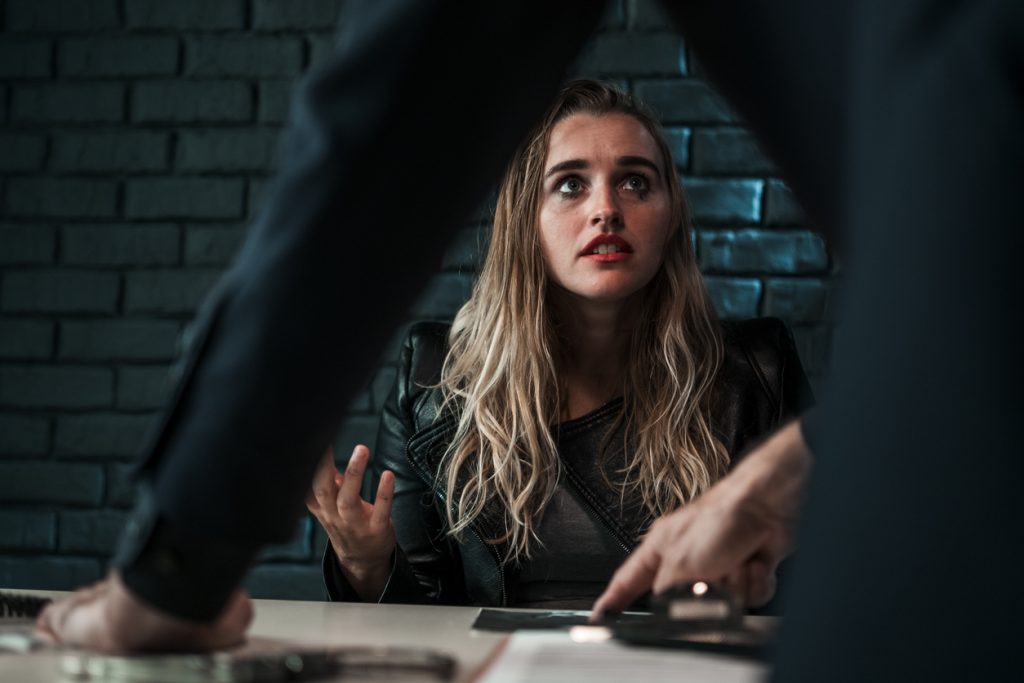
What happens if my rights are breached during a police interview?
Police officers must follow strict legal procedures during interviews. If they fail to do so, by denying you legal advice, using intimidation, or questioning you unlawfully, this may amount to a breach of your rights.
Breaches can have serious consequences, such as:
- Making the interview evidence inadmissible in court.
- Forming the basis of a police misconduct complaint or legal claim.
- Entitling you to compensation if the breach caused harm, distress, or unlawful detention.
How to claim compensation for police misconduct
If your rights were breached during a police interview, you may be entitled to claim compensation. Damages can cover:
- Unlawful detention or false imprisonment – Being held without proper authority.
- Emotional distress or psychological harm – Anxiety, trauma, or mental health impacts caused by the misconduct.
- Financial losses – Such as loss of earnings due to time spent in custody.
To begin a claim, you should:
- Gather evidence – Custody records, witness details, or your own notes can help.
- Seek expert legal advice – A solicitor specialising in claims against the police can advise you on your case’s strength.
- Submit a formal complaint or letter of claim – Usually to the police force involved, and in some cases through the Independent Office for Police Conduct (IOPC).
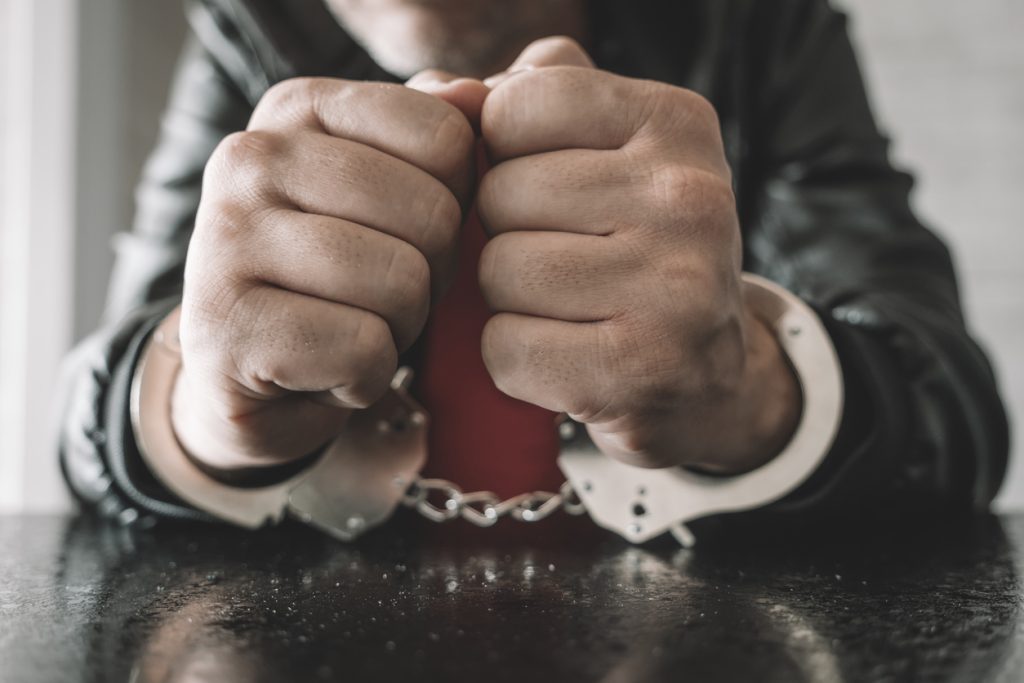
HNK Solicitors can help with your action against the police claim
At HNK Solicitors, we specialise in actions against the police, including cases involving unlawful police interviews, wrongful detention, and breaches of your rights. Our expert team can:
- Review your situation and explain your legal options clearly.
- Handle the complaint and claims process from start to finish.
- Represent you on a no-win, no-fee basis, meaning there is no financial risk to you.
If you believe your police interview was conducted unlawfully or your rights were ignored, do not wait, contact HNK Solicitors today for free, confidential advice and take the first step towards justice. We can help you get the compensation you deserve for police misconduct.



